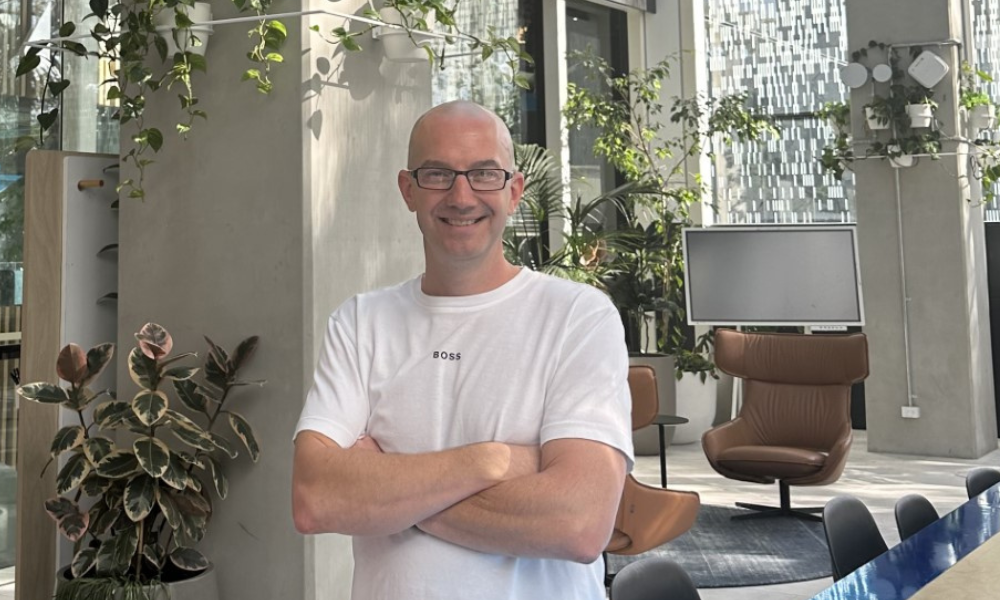International soccer superstar David Beckham has just signed on to play with a French team – and he’s doing it for free.
.jpg)
.jpg) Upon hearing the news that your team had managed to snare the very best in the business, it would be high-five’s all round. But what about hearing that your new star is also willing to work for free?
Upon hearing the news that your team had managed to snare the very best in the business, it would be high-five’s all round. But what about hearing that your new star is also willing to work for free?
International soccer superstar David Beckham has just signed on to play with French team, Paris Saint-Germain (PSG) – and he’s doing it for free.
At a press conference yesterday, 37 year old Beckham pledged to donate his entire salary from his 5-month contract to a children’s charity. Beckham joined French club PSG after turning down several other plum offers. “We decided on something that is quite unique - I won’t receive any salary. We have decided that my salary will go towards a local children’s charity in Paris. And that’s one of things we are very excited and proud to be able to do,” he said.
No financial details were given as to how much Beckham’s salary would be at PSG, or the name of the charity. The former England captain’s career is dotted with the best names in the game, including United and Real Madrid. “I am very lucky. I am 37 years old and I got offered a lot of offers, more offers now than I have probably had in my career, at my age,” Beckham said. “I am very honoured about that. I chose Paris because I can see what the club are trying to do, the players the club are trying to bring in. It’s an exciting city, always has been, always will be.”
The veteran play recently finished his stint at Los Angeles Galaxy, where he played for the last six years.








